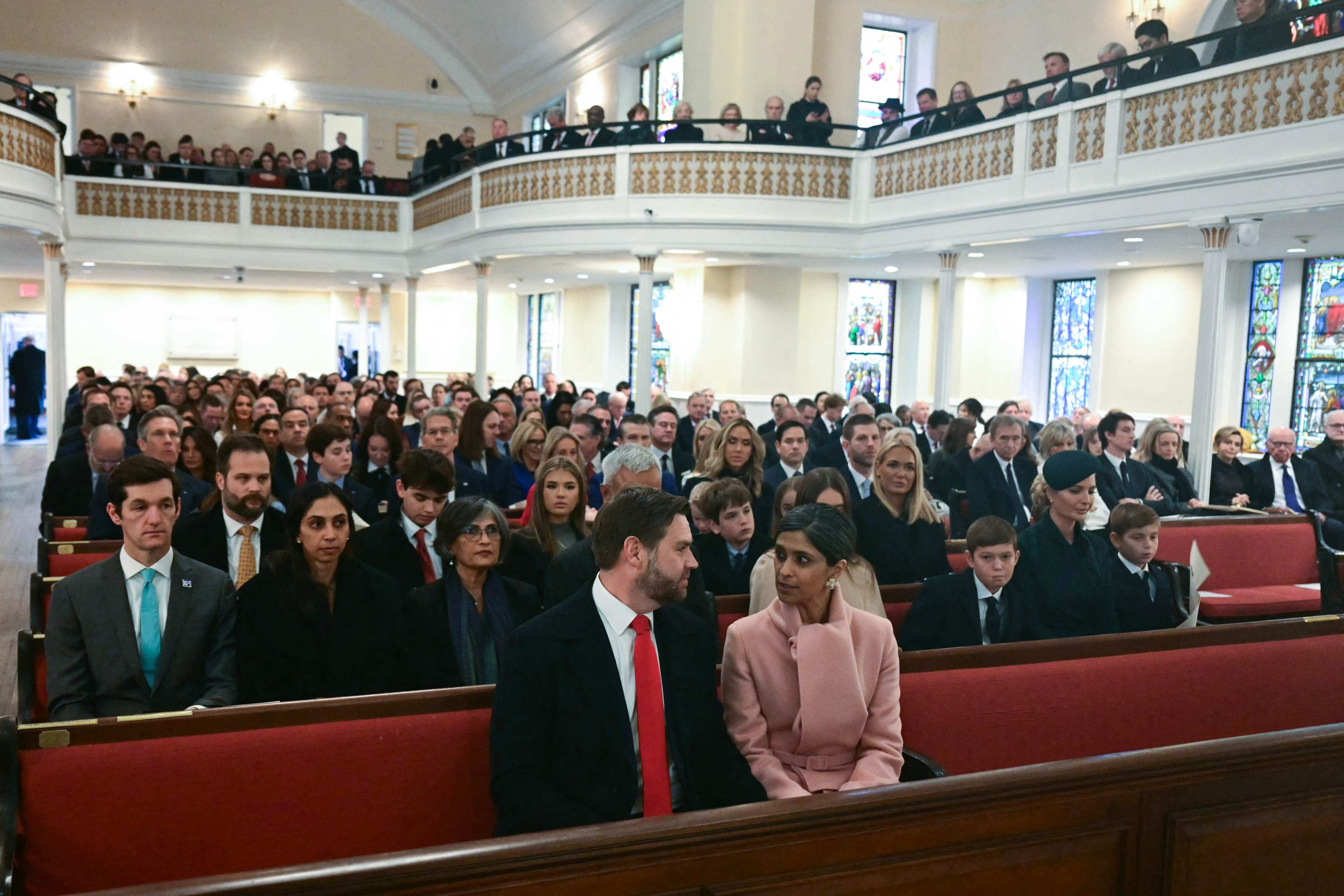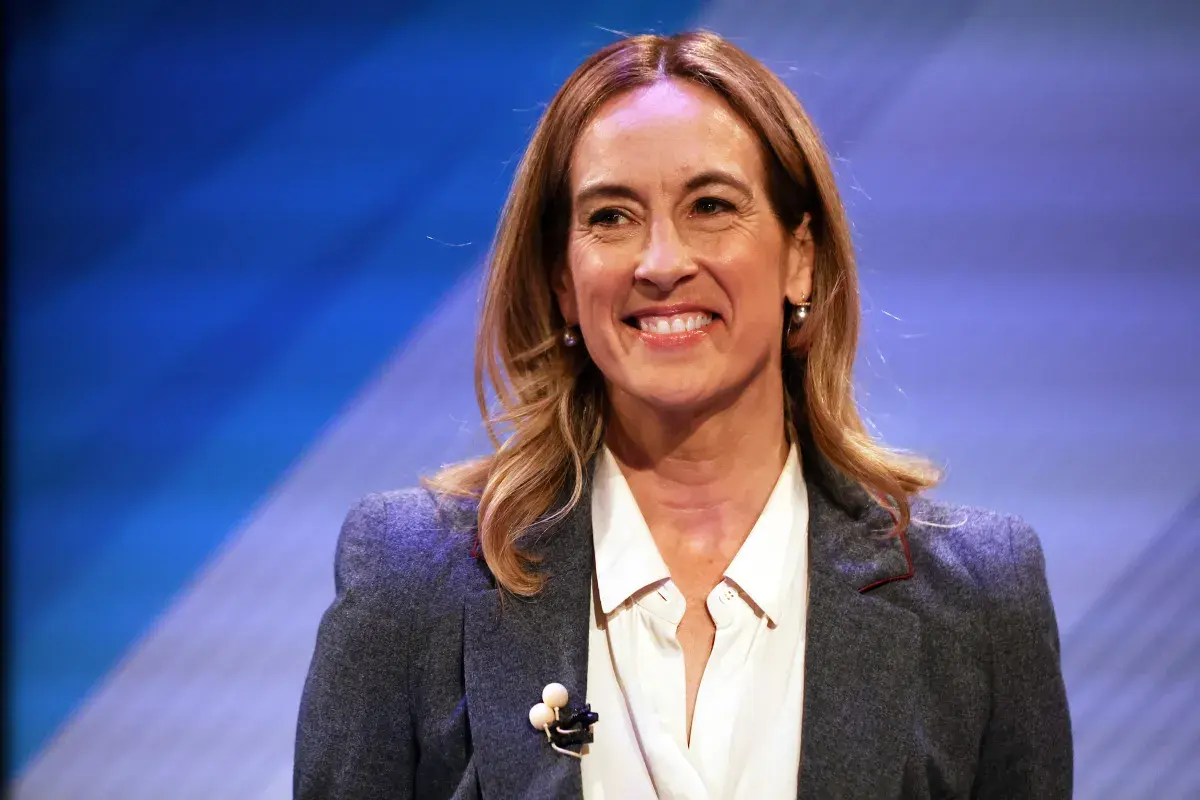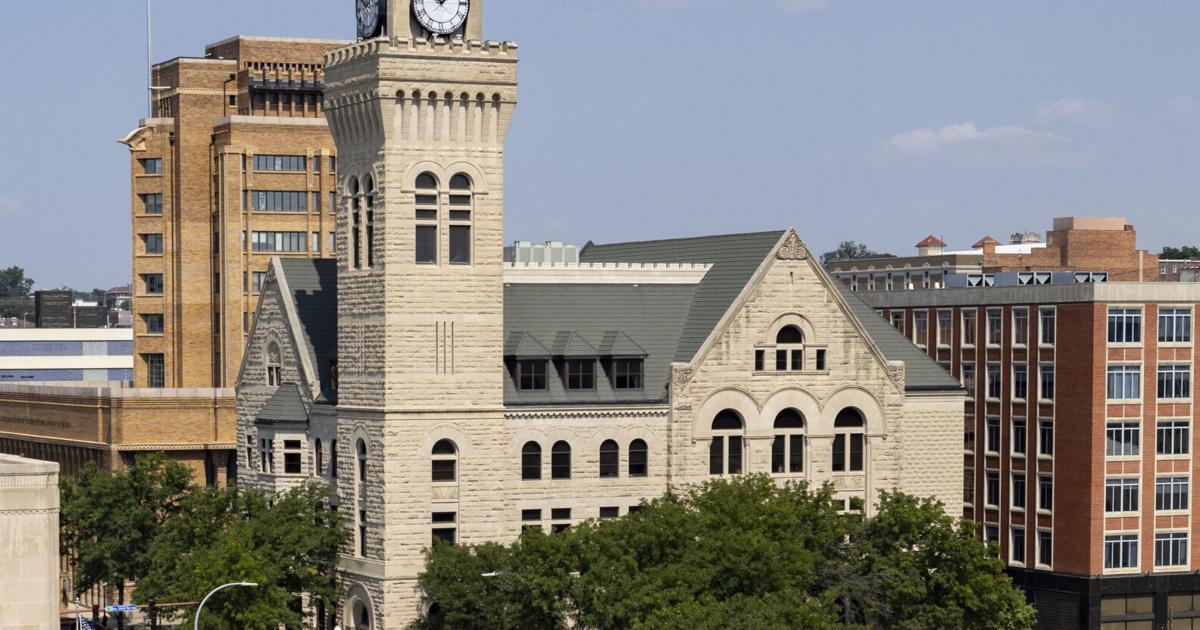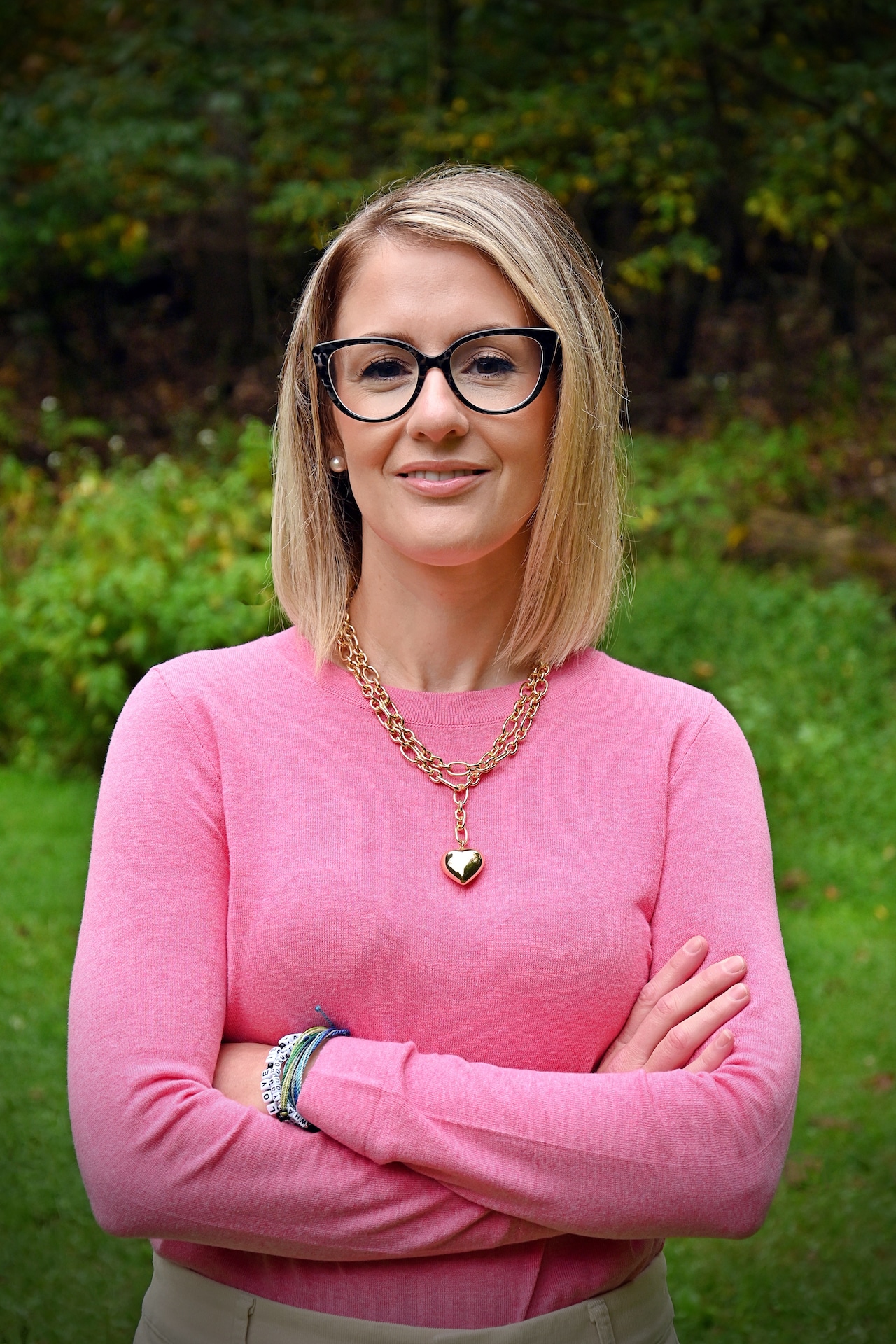Copyright scmp

A remark by US Vice-President J.D. Vance expressing hope that his Hindu wife might convert to Christianity has drawn sharp criticism in India, where commentators see it as a troubling signal ahead of his expected bid for the Republican Party’s 2028 presidential nomination. Speaking at the University of Mississippi last week, the vice-president said his children were being raised as Christians and that Second Lady Usha Vance also attended church with the family most Sundays. “Do I hope eventually that she is somehow moved by the same thing that I was moved in by church? Yeah, I honestly do with that. Because I believe in the Christian gospel and I hope eventually my wife comes to see it the same way,” he said. Vance qualified his remarks, saying that even if his wife did not become a Christian, it would not cause any problems, adding that Usha did not grow up in a particularly religious family. “In fact, when I met my wife … I would consider myself an agnostic or an atheist, that’s what she would have considered herself as well,” he said. Still, the suggestion that his wife might convert – and his apparent reluctance to publicly identify her religious background – struck a nerve in Hindu-majority India, where interfaith dynamics are often politically charged. Some critics have interpreted his comments as a move to court the conservative Christian base of US President Donald Trump’s Make America Great Again movement. “He calls her agnostic. Afraid to admit her Hindu origin. Where has all this talk of religious freedom gone?” Kanwal Sibal, an Indian diplomat who retired as foreign secretary, posted on social media. Others said that India had accepted Congress party leader Sonia Gandhi, who was born and raised as a Christian and the wife of the late former Indian prime minister Rajiv Gandhi, who was virtually holding the reins of the federal government for about a decade before 2015, and that it should be fully acceptable in American politics for a leader to have a Hindu wife. “She [Usha Vance] helped him grow, guided him, and built a wonderful life with him. And yet, instead of thanking her and honouring her family’s values, he wants her to convert to Christianity – just to appease his ‘young Republican’ base?” said a social media user. Another user noted that Vance had a Hindu wedding ceremony, and one of his three children has the Indian name Vivek. “Usha Vance is Hindu, not agnostic [and] this is not very hard for you to follow,” he said. Other users highlighted that one of the biggest problems for Vance ahead of the next presidential election would be to convince the Republicans’ Maga supporters to accept Usha. Indian-Americans of the Hindu faith have accused Vance of religious insensitivity, prompting him to clarify that he respected his wife’s beliefs. Vivek Mishra, deputy director at the strategic studies programme at the Observer Research Foundation, said that Vance’s remarks were a reflection of the “conservative movement” in the US. “It also signals that he is eyeing the leadership of the Republican Party in 2028. Clearly, it has not landed on the right pages in India. It smacks of conversion in India,” Mishra said. “I am sure J.D. Vance did not mean her religious conversion, but said that she would be influenced by the church. But that has created quite a flutter in India.” India has a centuries-long history of religious conversion by Christians, which has at times evoked suspicion and outrage among sections of the majority Hindu population. For many Maga supporters, alignment of religion and culture is non-negotiable, and it remains to be seen whether a movement that prizes religious identity would accept a spouse from a different faith, according to an article in the Times of India. Mishra said that there were at least two factions among Maga supporters, with the more conservative faction wanting most jobs and political positions to be given to people of “White descent” rather than Indian Americans or other races. ‘Wake-up call’ for American Indians Priyajit Debsarkar, a London-based political analyst, said: “If Mr Vance wants to position himself as the successor to Mr Trump in the next elections, he has to appeal to predominantly white sections. They have their own firewalls when it comes to immigration and interaction with the outside world, generally putting America First [policies].” He called Vance’s comment a “wake-up call” for the wider American immigrant community, including Indians. Referring to former US presidential nominee Kamala Harris, whose late mother was born in India, Debsarkar said while the Democrat had achieved significant success in breaking through the “glass ceiling”, she ultimately did not succeed in assuming the country’s highest political office. Vance’s remarks appear to be somewhat tied to the US midterm elections next year, according to analysts. Mishra said: “It is either a starting point of policy reversals or it can be a very bad lesson for Republicans if Democrats come back during the midterm elections scheduled for late next year. If they [the Republican Party] lose the midterm elections, then they will certainly be more cautious [on religious issues].”



